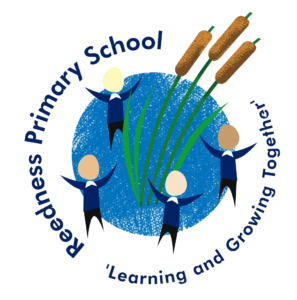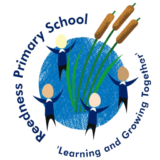Music
Music
Music is a language that transcends culture and time. It inspires creativity and encourages a love of music as well as building self-confidence. An appreciation of music both past and present facilitate composition and careful listening skills.
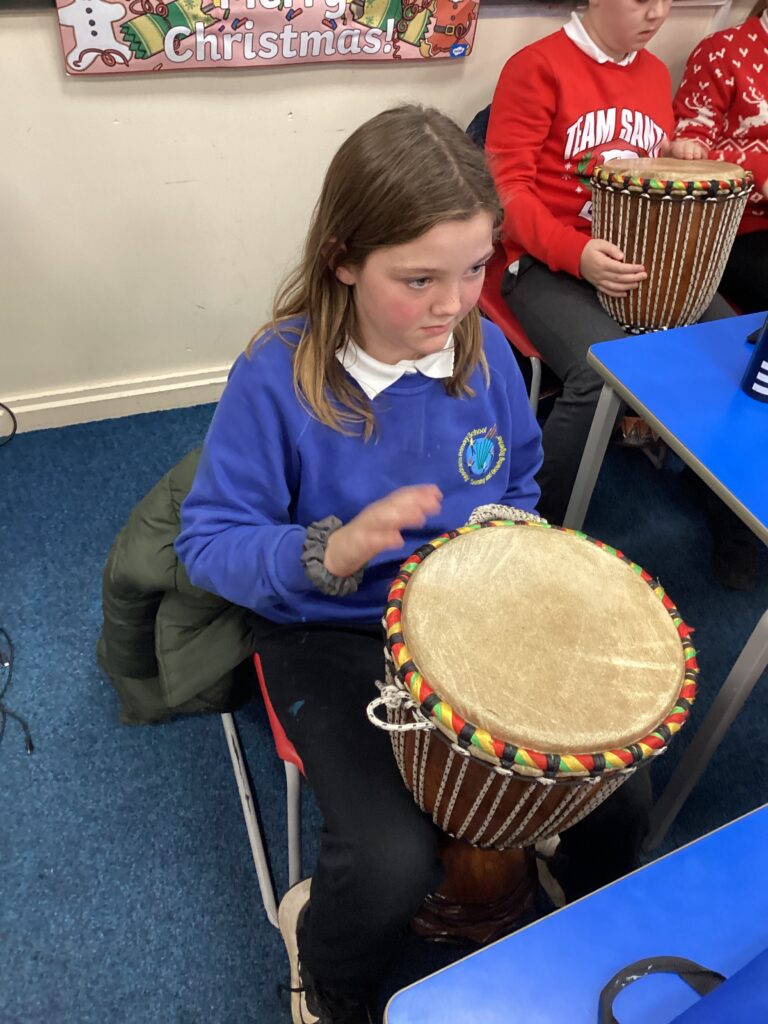
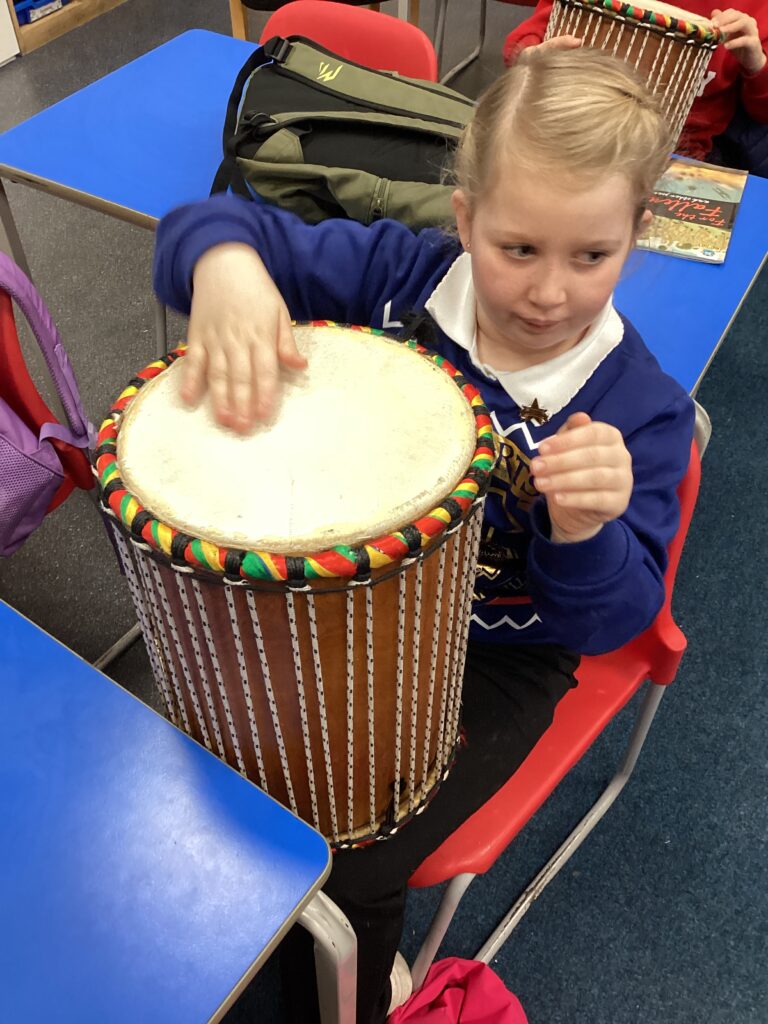
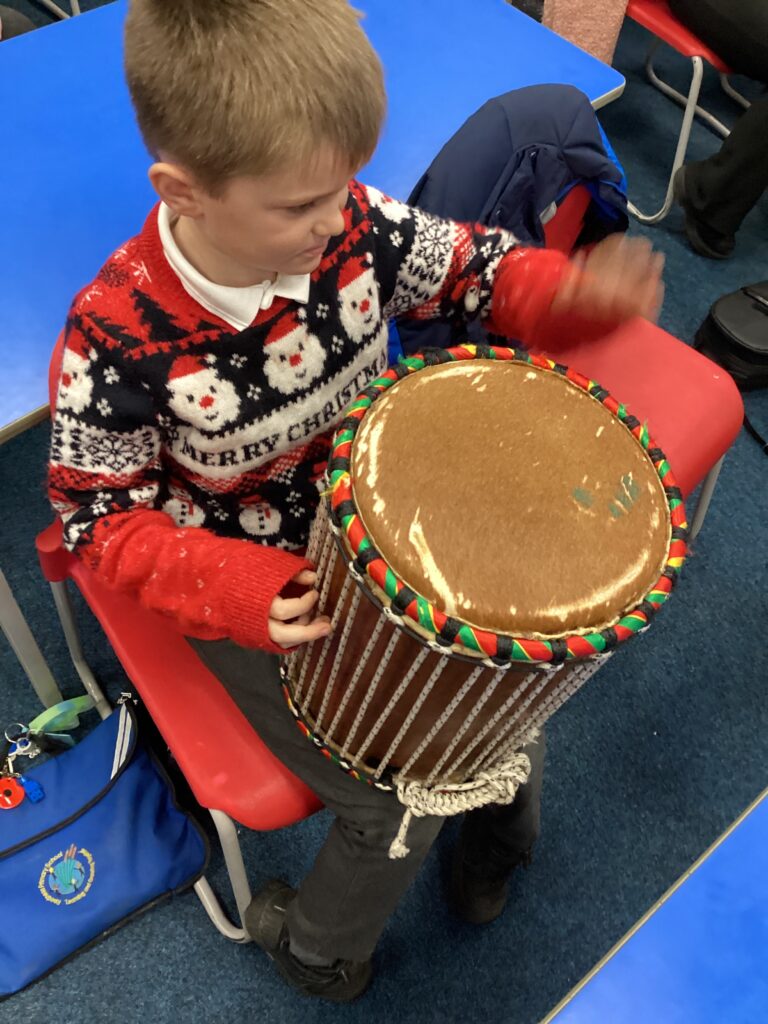
Intent
Implementation
Impact
• Children will perform, listen to, review and evaluate music across a range of historical periods, genres, styles and traditions, including works of the
great composers and musicians.
• Children will learn to sing and to use their voices, to create and compose music on their own and with others using both physical instruments and technology.
• Children will have the opportunity to learn a musical instrument and have the opportunity to move to the next level of musical excellence.
• Children will learn to understand and explore how music is created, produced and communicated, including through the inter-related
dimensions: pitch, duration, dynamics, tempo, timbre, texture, structure, and appropriate musical notation
• Children should look at different musical styles and eras within their Cornerstones Topic.
• Children will learn skills and work through a clear and progressive programme.
• KS2 cover further singing skills such as singing in rounds, learning songs linked to traditions and festivals and further developing children’s understanding of how to sing well in a group in unison and with harmonies.
• KS1 singing focuses on the love of singing and singing songs with different rhythms. They also cover songs for festivals and traditions, for example, Harvest and Christmas.
• The Big and Little Big sing, helps children to develop their love of singing and learn how to sing in a very large choir. A great deal of development of part singing.
• All children learn and perform songs for Christmas concerts, Harvest Festival and class celebration assemblies. In KS2 many of these include harmonies, part singing and development of dynamics.
• All children learn to play the ukulele and glockenspiel They are taught musical notation and the language of music,
and they develop their understanding of different rhythms and tempos. Children perform for their peers and their parents on their instruments.
• Musical achievements are shared and celebrated in assemblies and children who have private lessons outside school are invited to perform for their peers in assembly.
Children are developing their understanding of the inter-related dimensions of music as mentioned above. This aspect needs an acute focus to ensure that children develop the vocabulary of pitch, rhythm, dynamics etc.
• Children perform confidently in their instrumental performances and concerts.
• Singing is a huge part of the Reedness Primary experience and the children make excellent progress in their confidence and ability as they progress through school. The children take this confidence into other areas of school life and music generally makes them happy and creative.
• There is a love of music at Reedness and the children are enthusiastic about their performances.
• The children want to take their music to the next level and improve within every session.
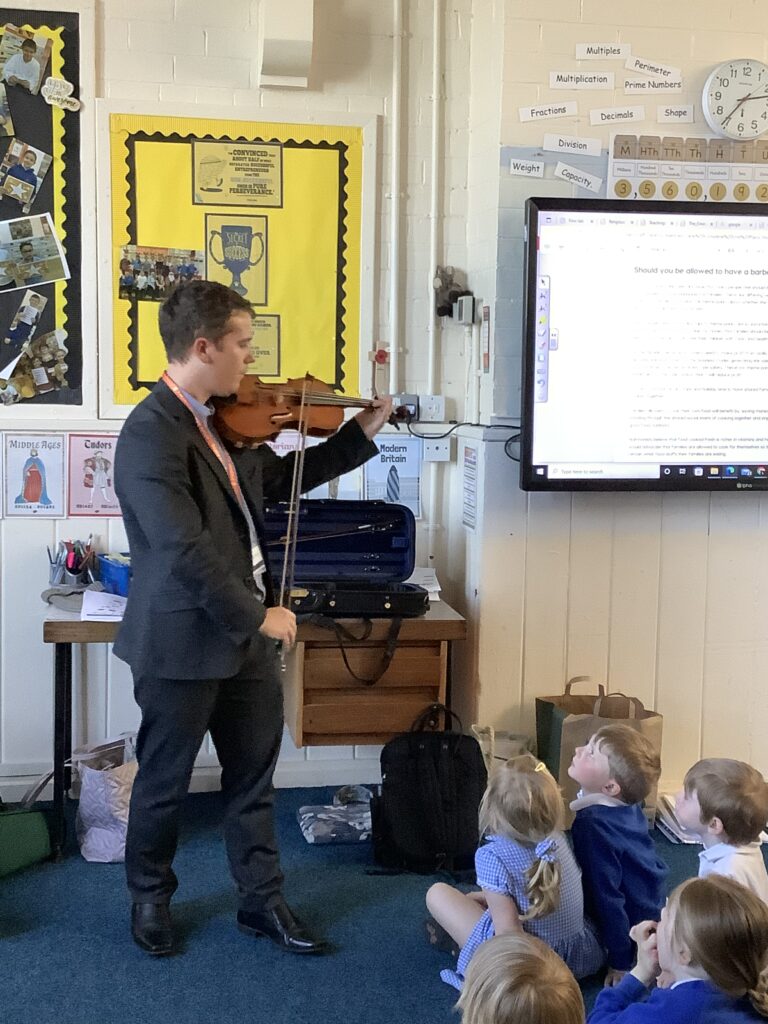
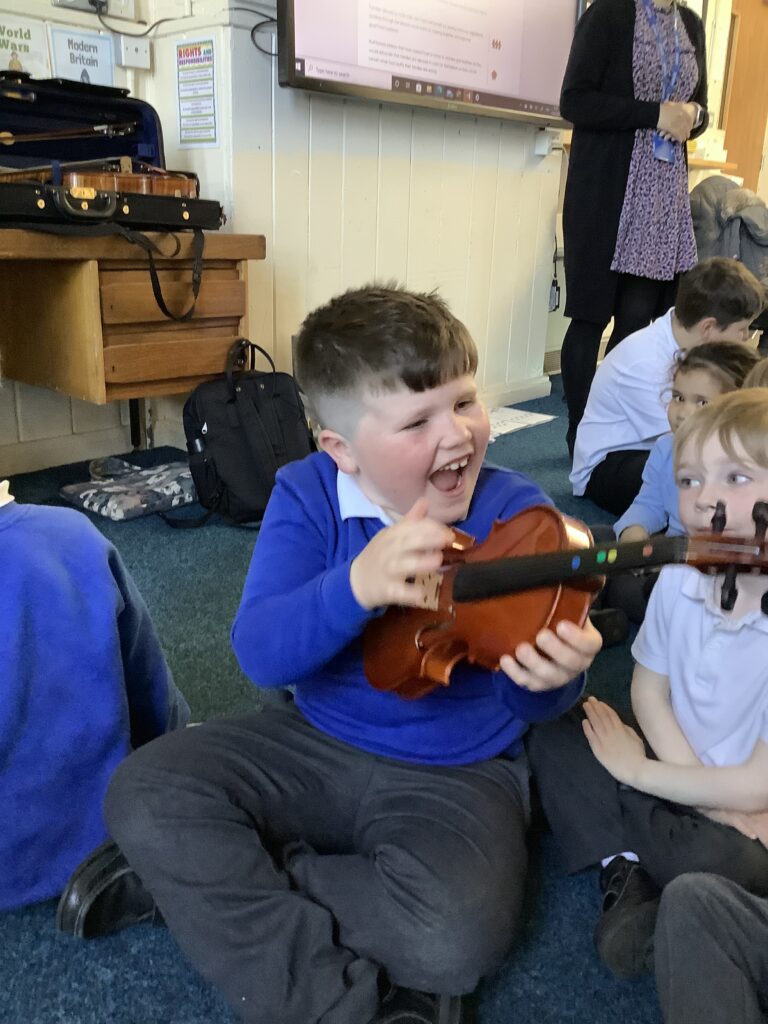
Thank you for visiting our website
We hope that you enjoy your visit to our website, and that you find the information you are looking for. If you would like to talk to us about our wonderful school, please get in touch.
